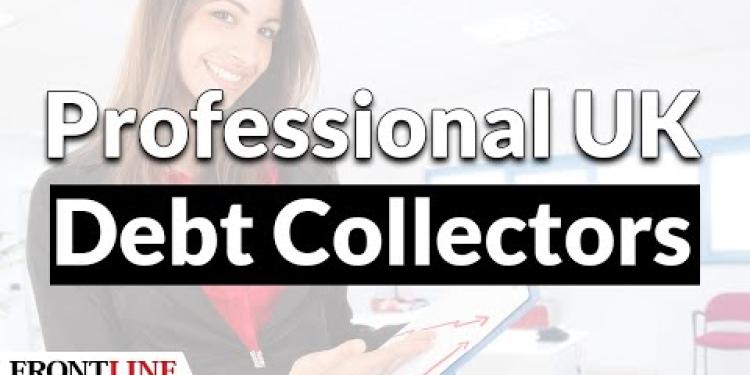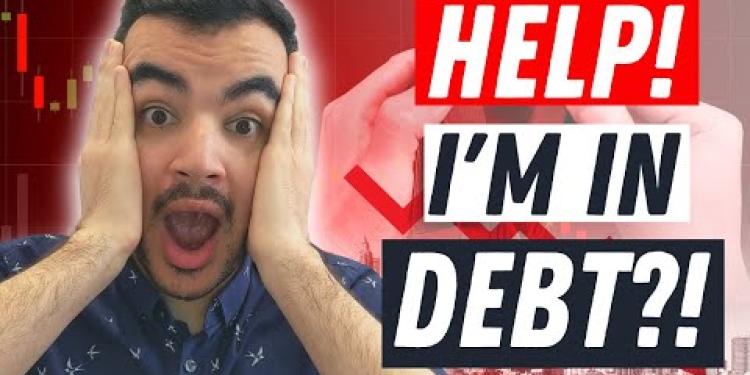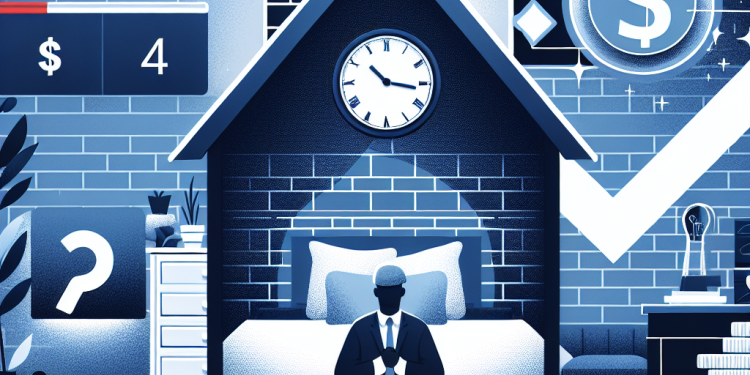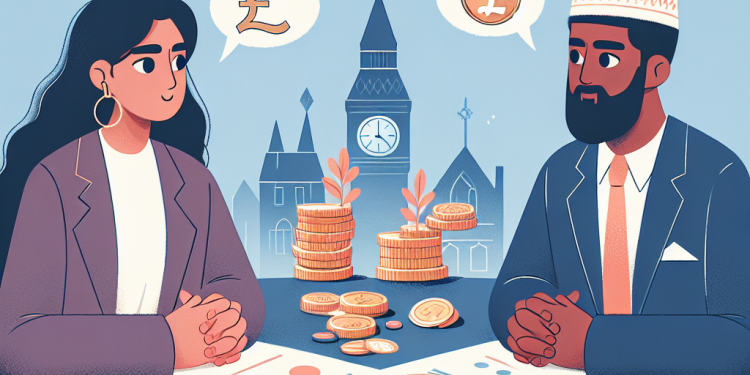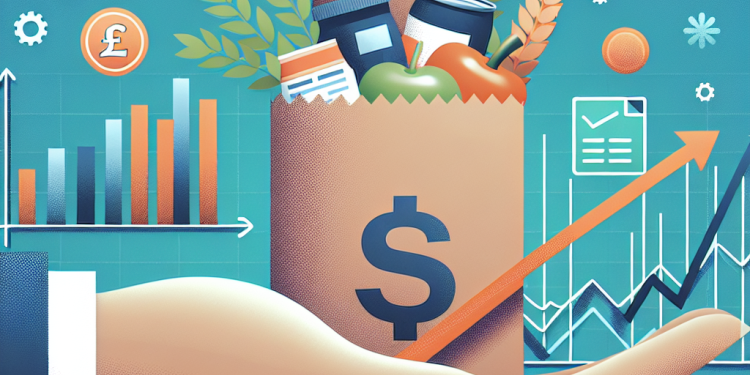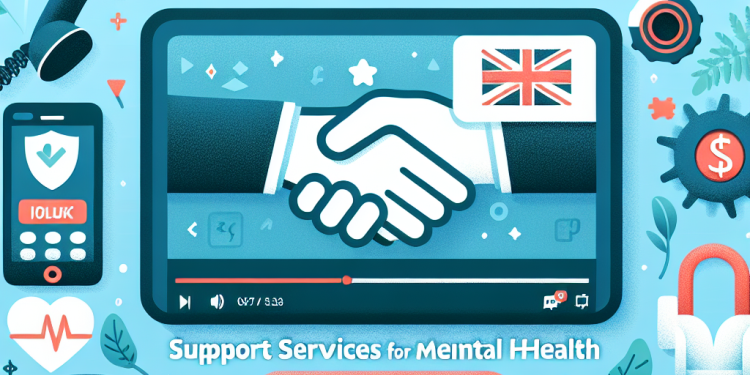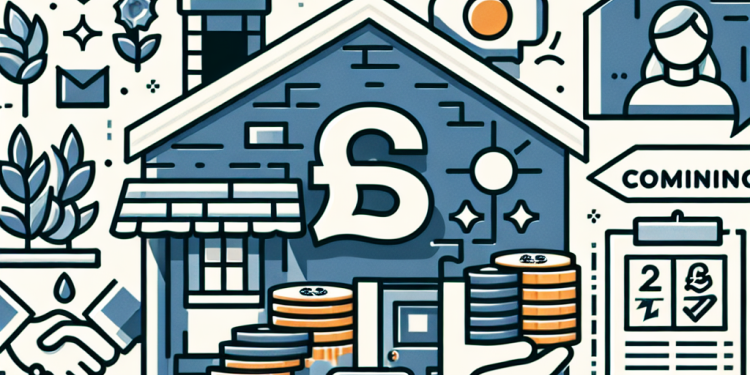Important Information On Using This Service
- Ergsy carefully checks the information in the videos we provide here.
- Videos shown by YouTube after a video has completed have NOT been reviewed by ERGSY.
- To view, click the arrow in the center of the video.
Using Subtitles and Closed Captions
- Most of the videos you find here will have subtitles and/or closed captions available.
- You may need to turn these on and choose your preferred language.
Turn Captions On or Off
- Go to the video you'd like to watch.
- If closed captions (CC) are available, settings will be visible on the bottom right of the video player.
- To turn on captions, click settings.
- To turn off captions, click settings again.
Find A Professional
More Items From Ergsy search
-
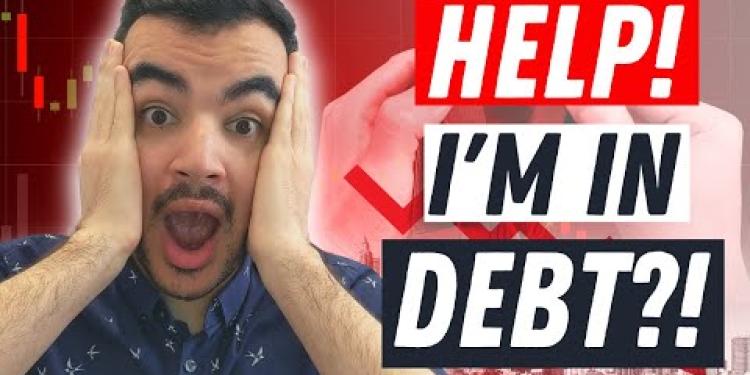
Three Debt Free Methods in 2023 | Free Debt Calculator Tracker
Relevance: 100%
-
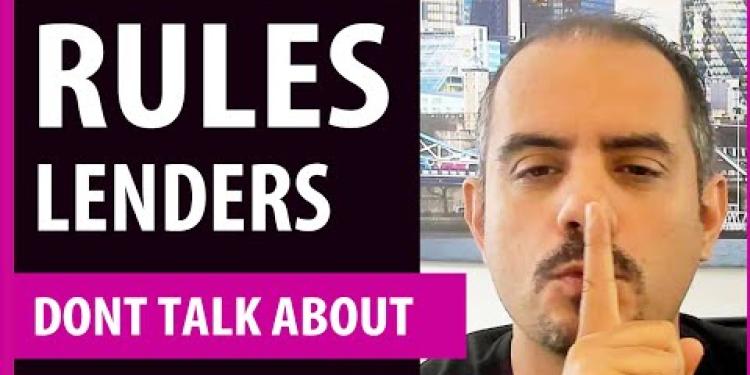
UK Mortgage Rules Lenders Don't Talk About - Debt To Income Ratio
Relevance: 81%
-
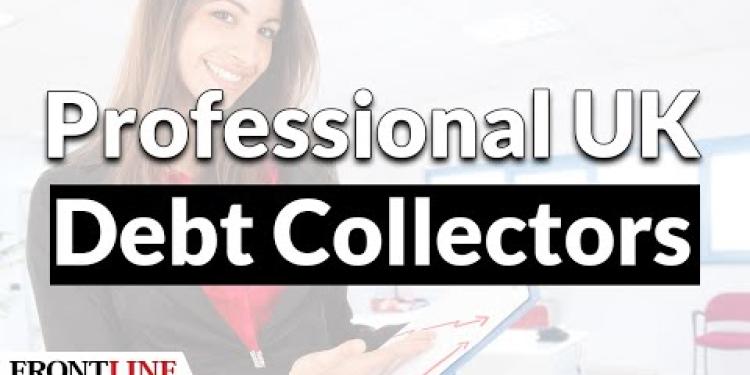
Owed money? - Professional UK Debt Collectors - 1st choice solution
Relevance: 70%
-
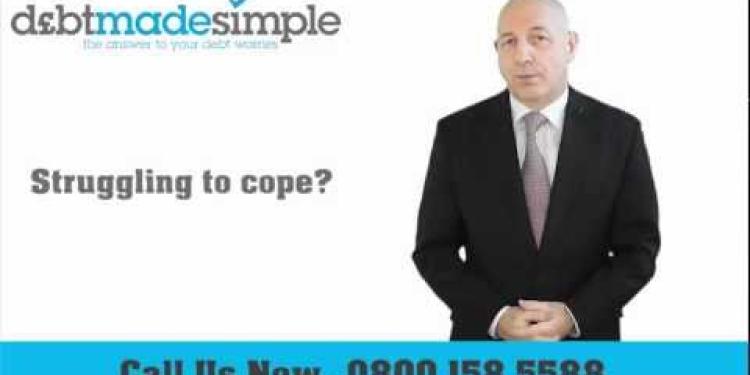
www.DebtMadeSimple.co.uk - Trust Deeds, Debt Arrangement Schemes, and Bankruptcy Services
Relevance: 64%
-
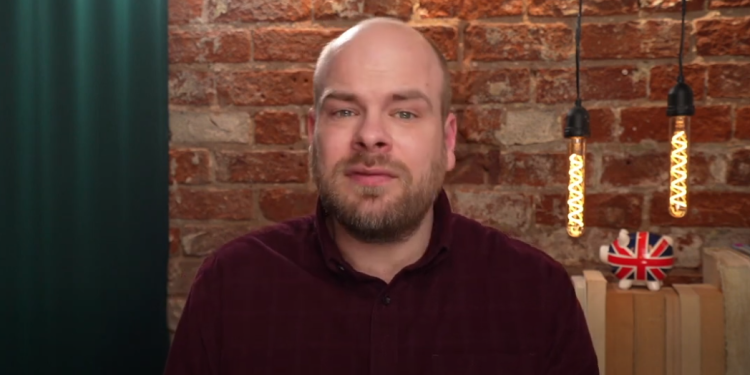
What Happens to Tax Debt After Death? (UK Laws)
Relevance: 54%
-

Understanding Your Rights: Legal Support for Families During Economic Turbulence
Relevance: 20%
-
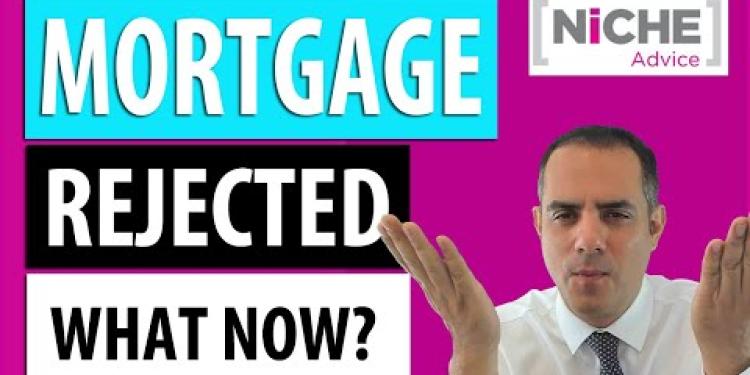
Turned down for a mortgage? Find out why and what to do
Relevance: 15%
-
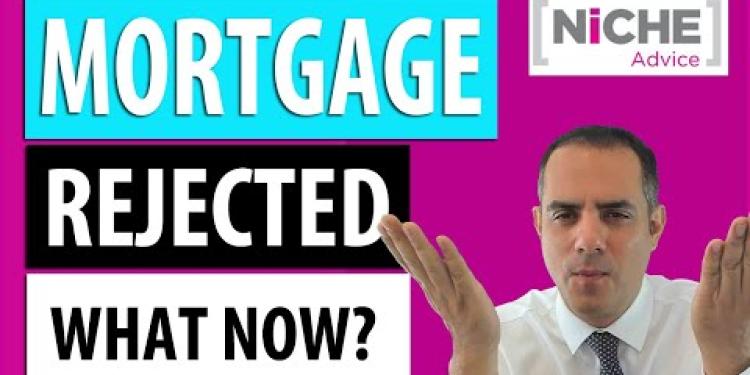
Turned down for a mortgage? Find out why and what to do
Relevance: 15%
-
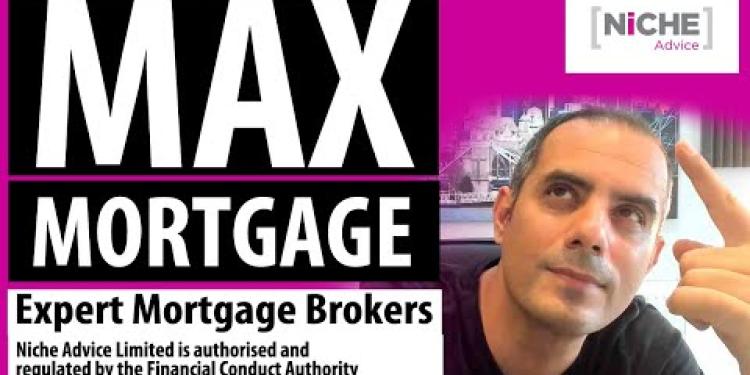
How much can I borrow for a mortgage UK - getting the Maximum Mortgage
Relevance: 12%
-
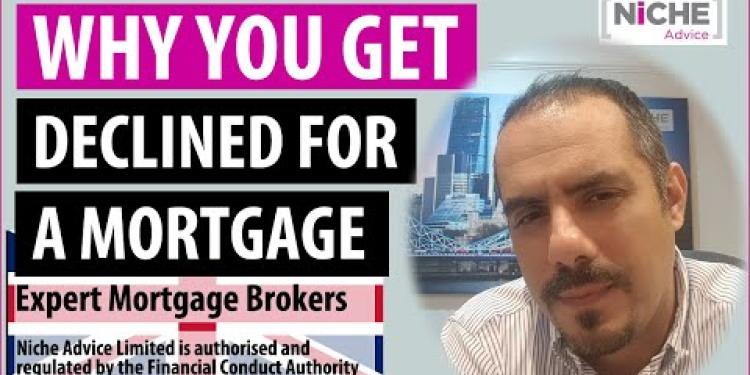
Mortgage Turned Down In The UK - Why mortgage applications are declined
Relevance: 9%
-
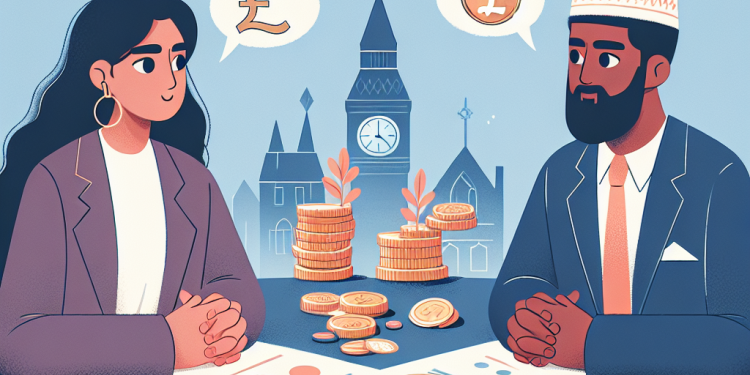
Navigating Post-Divorce Finances Amidst Economic Challenges
Relevance: 9%
-
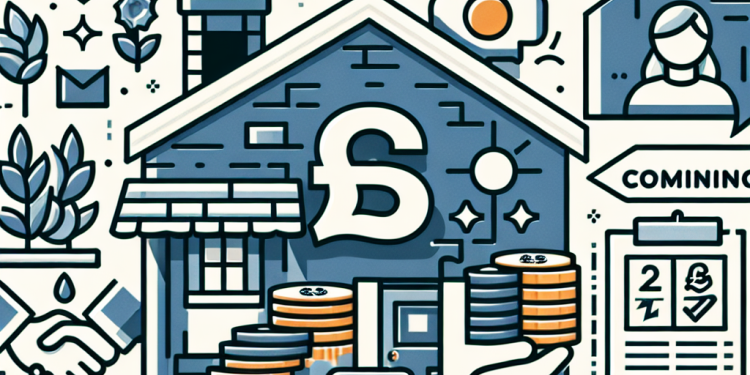
Addressing the Cost of Living Crisis: Community Support and Resources
Relevance: 8%
-
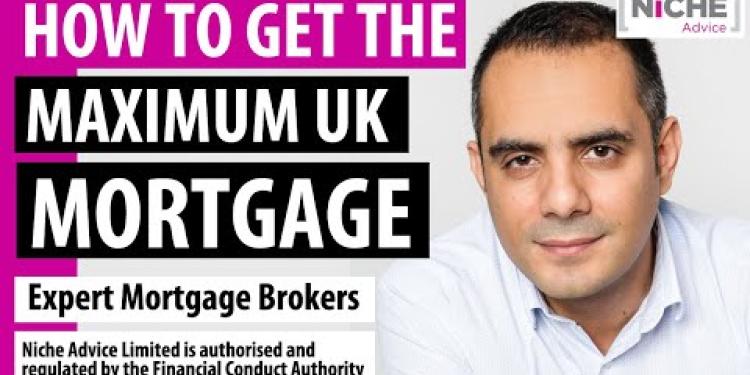
Getting the maximum mortgage in the UK
Relevance: 8%
-

Addressing the Rising Cost of Living: Community Support and Resources
Relevance: 8%
-
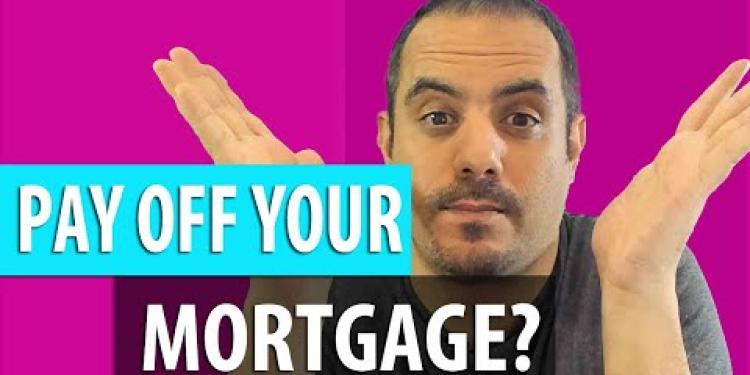
Should you Pay down your Residential Mortgage?
Relevance: 7%
-
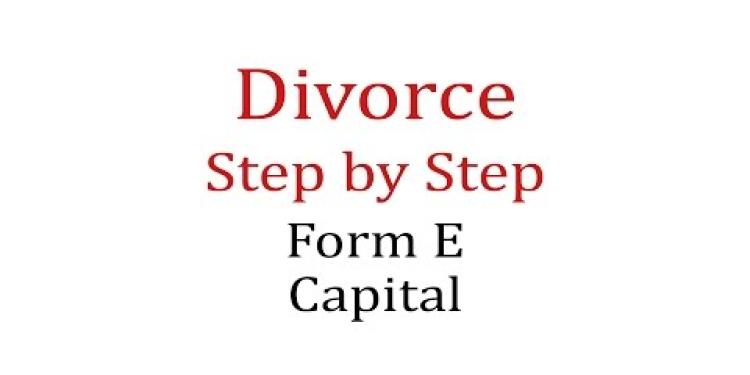
Divorce Step By Step - Form E - Capital
Relevance: 7%
-

Mental Health Impact of Cost of Living Crisis and Support Resources
Relevance: 7%
-

Navigating the UK Cost of Living Crisis: Tips for Families
Relevance: 7%
-
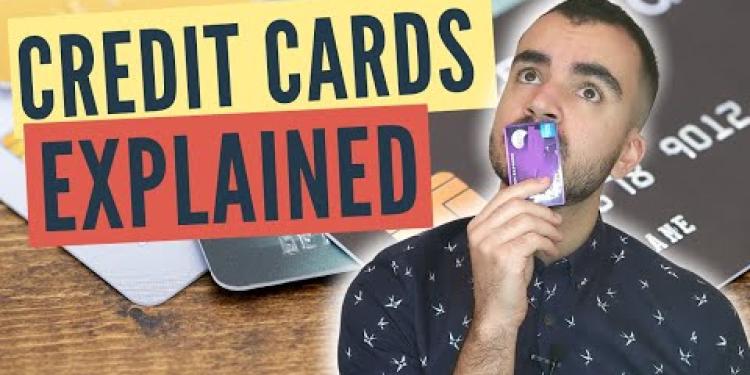
Credit Cards for Beginners Explained UK | Do's and Don't | Type of Cards
Relevance: 5%
-
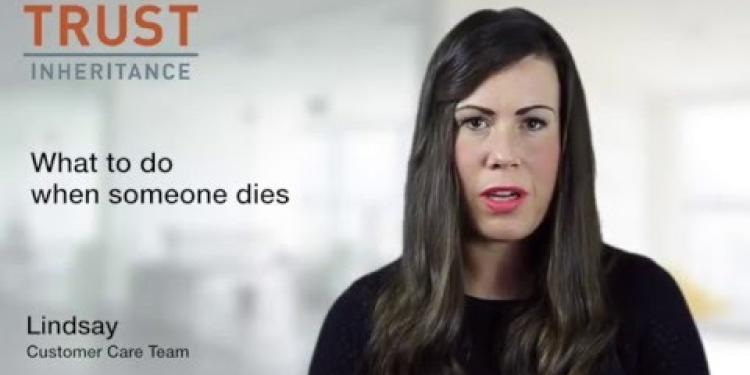
What to do when someone dies
Relevance: 4%
-

Essential Tips for Mental Health and Well-Being Amidst Rising Living Costs
Relevance: 4%
-

Rising Cost of Living: How Families Can Cope
Relevance: 4%
-
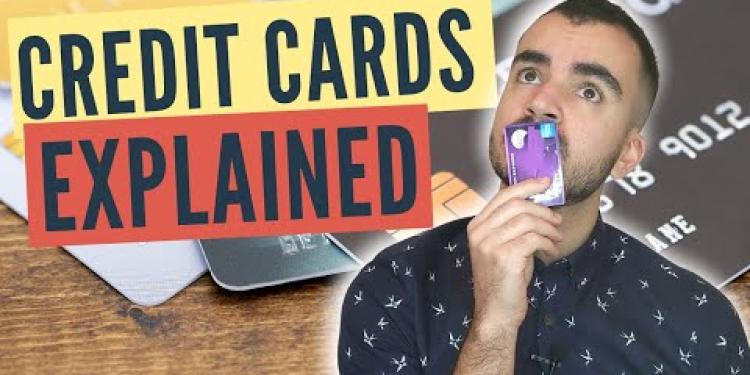
Credit Cards for Beginners Explained UK | Do's and Don't | Type of Cards
Relevance: 4%
-
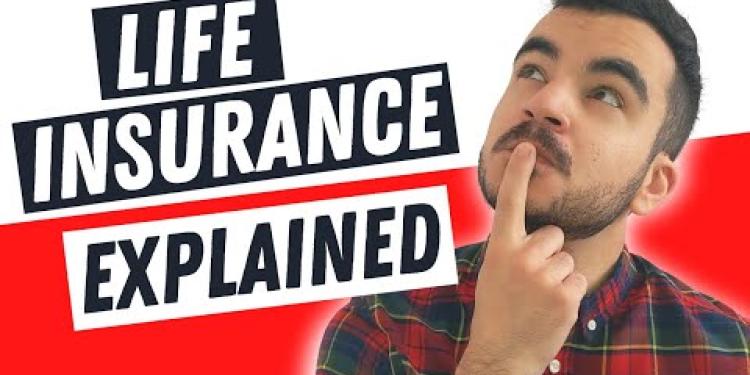
Should You Get Life Insurance UK | Life Insurance & Life Assurance
Relevance: 4%
-
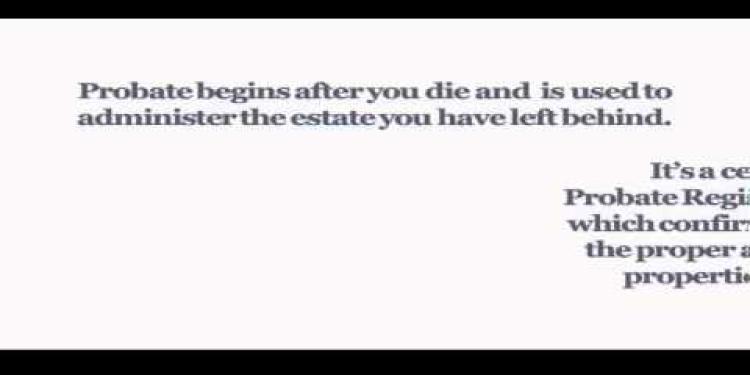
Will and Probate Solicitor Bath
Relevance: 4%
-

Uk Buy to Let for Older Clients - Mortgage Options Tips and Criteria
Relevance: 4%
-
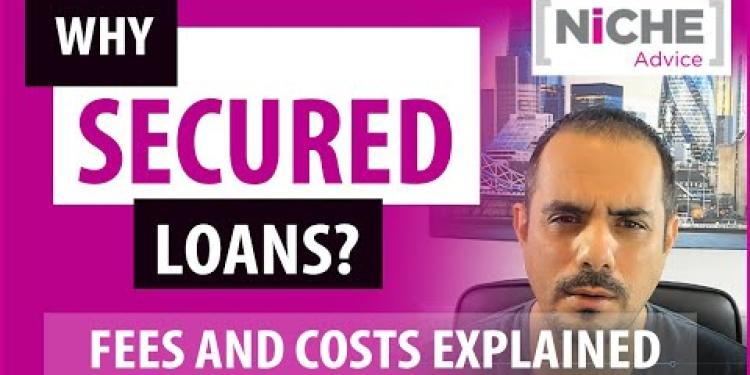
Why people take out Secured Loans and why do some brokers charge so much
Relevance: 4%
-
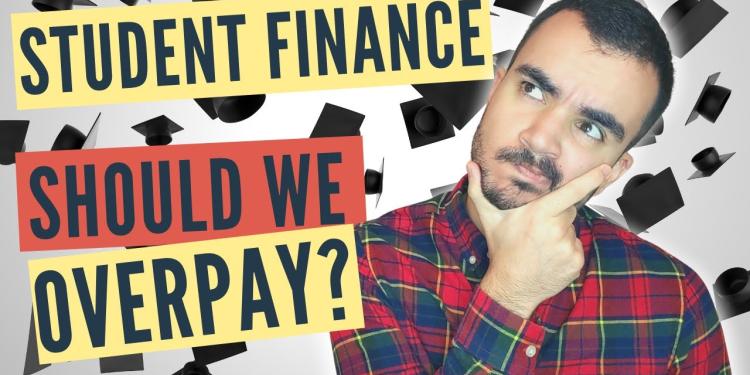
Student Finance: Should I pay more? | Plan 1 & Plan 2 | SF Explained
Relevance: 3%
-
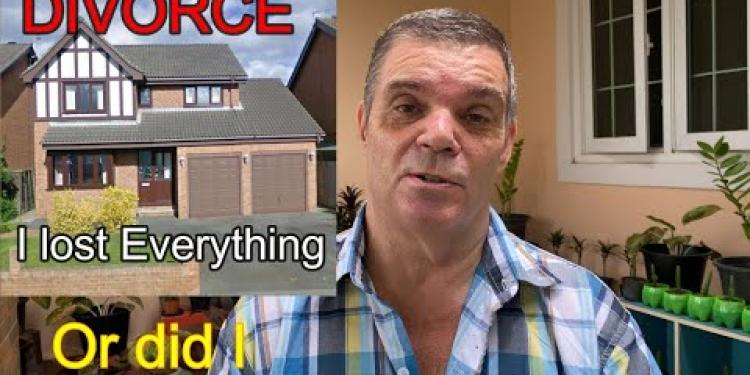
Divorce - How To Rebuild Your Life After Losing Everything
Relevance: 3%
-
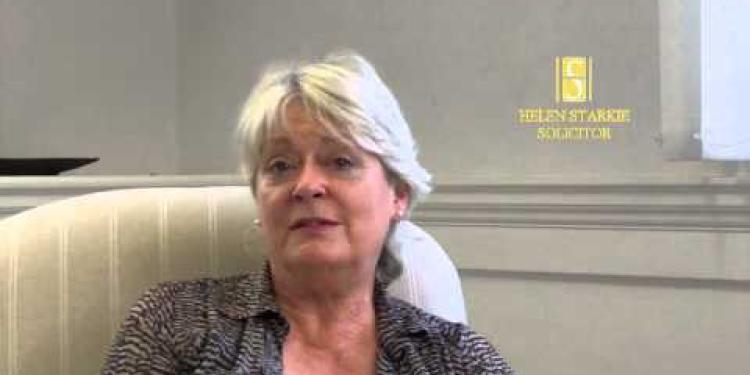
Wills, Probate and Tax Planning in the UK
Relevance: 3%
-
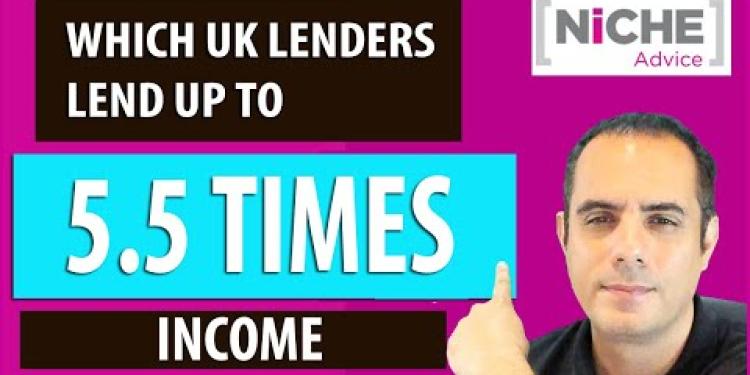
Highest Income Multiple Mortgage Lenders Revealed - Good and Bad Points
Relevance: 3%
-
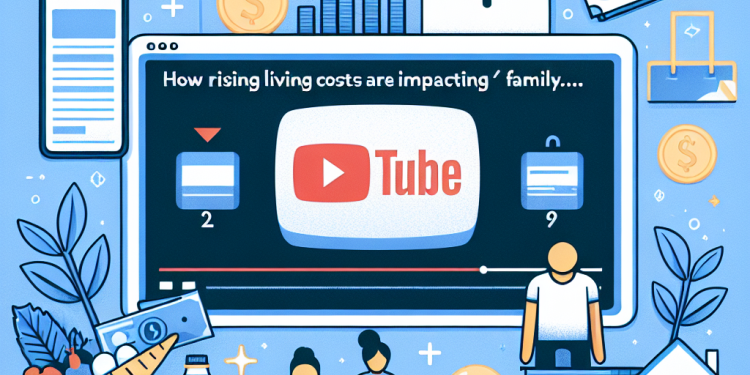
How Rising Living Costs Are Impacting Family Wellbeing
Relevance: 3%
-
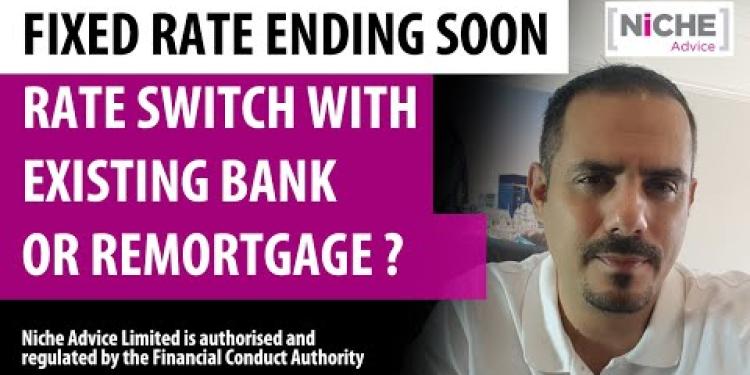
Product Transfer Rate Switch vs Remortgage What's Best
Relevance: 3%
-
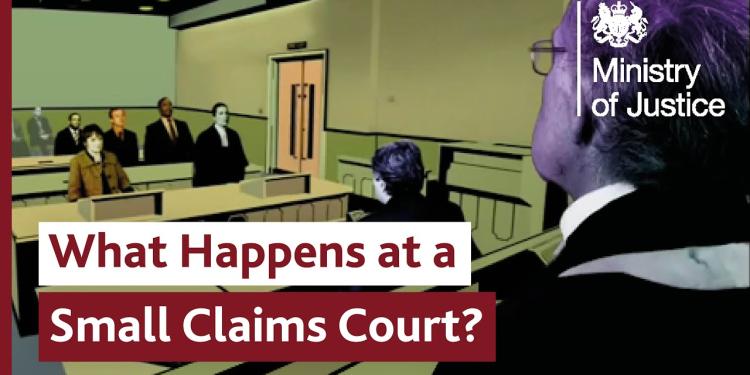
What Happens at Small Claims Court? Making a Court Claim for Money
Relevance: 3%
-
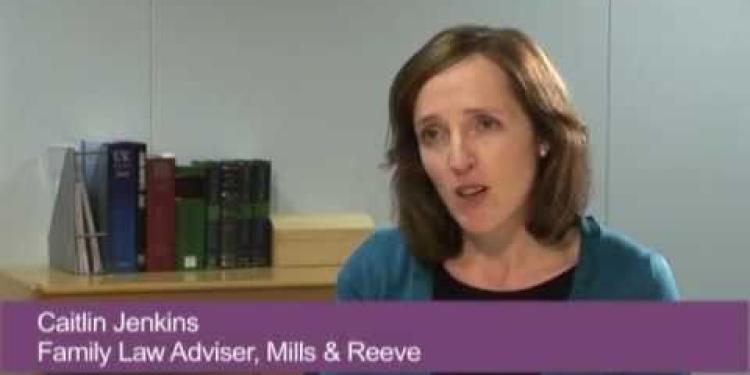
Divorce UK: What happens with the money in a divorce?
Relevance: 3%
-
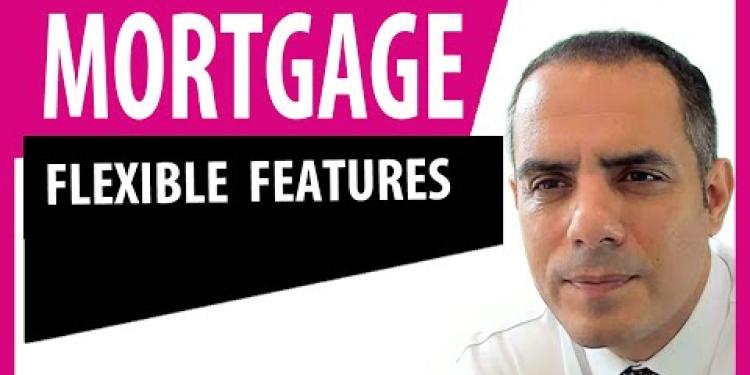
Mortgage Overpayment and Flexible Features Explained
Relevance: 3%
-
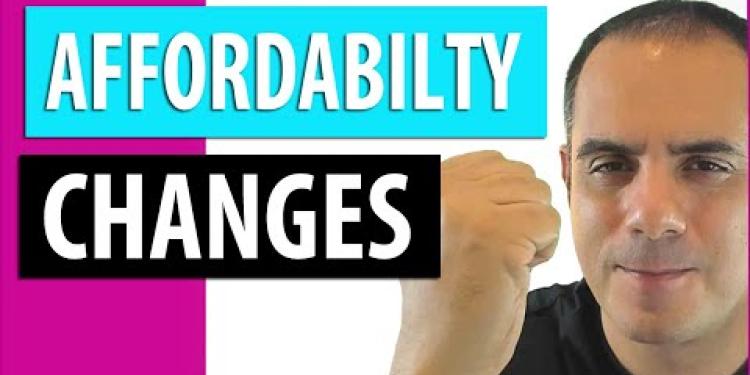
Mortgage Regulator removes the need for further affordability stress tests
Relevance: 3%
-

Does life insurance cover funeral costs?
Relevance: 2%
-
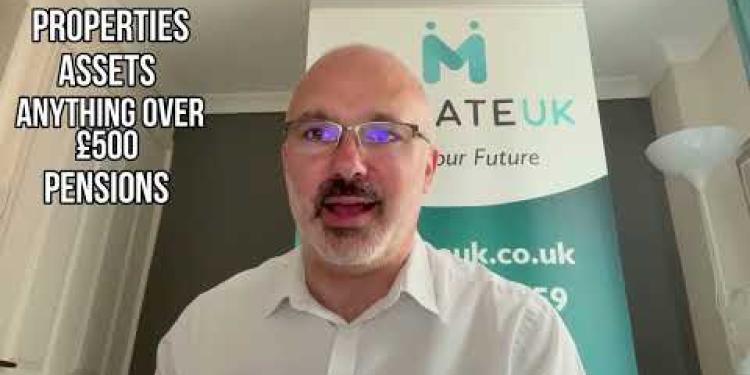
Ultimate Guide to Financial Disclosure on Divorce in the UK
Relevance: 2%
-
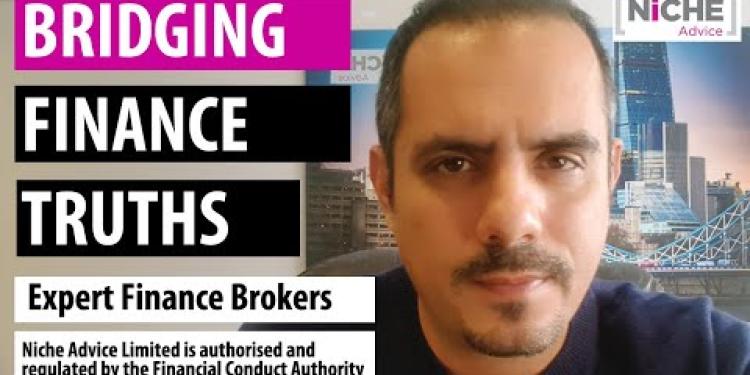
Bridging Finance Dangers - Tips on common problems, risks and lending rules in the UK
Relevance: 2%
www.DebtMadeSimple.co.uk - Trust Deeds, Debt Arrangement Schemes, and Bankruptcy Services
Are you struggling with debt in the United Kingdom? www.DebtMadeSimple.co.uk offers a range of services designed to help you regain control of your financial situation. Explore how Trust Deeds, Debt Arrangement Schemes, and Bankruptcy services can provide the support you need.
Trust Deeds
Trust Deeds are a formal debt solution available to residents of Scotland. It involves creating a legally binding agreement between you and your creditors, managed by a qualified insolvency practitioner. By entering into a Trust Deed, you agree to make monthly payments towards your debts over a fixed period, typically four years. Once the period ends, any remaining unsecured debt is written off. Trust Deeds provide a structured way to manage large debts, offering protection from creditor harassment and legal actions.
Debt Arrangement Schemes (DAS)
The Debt Arrangement Scheme (DAS) is a debt management solution available to residents of Scotland. Under a DAS, you can consolidate your debts into a single monthly payment that you can afford, spread over a longer period. This allows you to pay off your debts at a manageable pace while being protected from any legal actions or additional interest and charges from creditors. A DAS can be an ideal solution for individuals who have a steady income but need some breathing room to pay off their debts.
Bankruptcy Services
Bankruptcy is a legal process available to individuals in England, Wales, Northern Ireland, and Scotland, who cannot repay their debts. Declaring bankruptcy can provide a fresh start by eliminating most of your unsecured debts. The process involves submitting a bankruptcy petition to the court and, if approved, your assets may be sold to repay creditors. While bankruptcy has severe implications, including the potential loss of property and a negative impact on your credit rating, it might be the best option if your financial situation is unmanageable. www.DebtMadeSimple.co.uk offers guidance through the entire process, ensuring you understand your rights and obligations.
Regain control of your finances with www.DebtMadeSimple.co.uk. Whether you are considering a Trust Deed, a Debt Arrangement Scheme, or Bankruptcy, expert help is available to guide you through the best possible debt solution for your circumstances. Consult with us today to explore your options and take the first step towards financial freedom.
www.DebtMadeSimple.co.uk - Help with Debt: Trust Deeds, Debt Plans, and Bankruptcy
Are you having trouble with money in the UK? www.DebtMadeSimple.co.uk can help you manage your money better. We can help with Trust Deeds, Debt Arrangement Schemes, and Bankruptcy. These are ways to help you get back in control.
Trust Deeds
A Trust Deed can help people in Scotland manage their debt. You make a deal with the people you owe money to. This deal is managed by a special helper called an insolvency practitioner. You agree to pay your debts every month for usually 4 years. After that time, if there is any money left to pay, it is cleared. This helps stop people you owe bothering you.
Debt Arrangement Schemes (DAS)
A Debt Arrangement Scheme, or DAS, can also help people in Scotland. It lets you put all your debts into one payment that you can afford each month. This makes it easier to pay off your debt without extra charges or being taken to court. A DAS is good if you have regular work and need more time.
Bankruptcy Services
Bankruptcy can help people in England, Wales, Northern Ireland, and Scotland who cannot repay debts. It can clear many debts and give you a fresh start. You ask the court if you can go bankrupt. If you do, you might have to sell things you own to pay the money back. Bankruptcy is serious and can affect things like how you borrow money in the future. www.DebtMadeSimple.co.uk can help you understand the process and what you need to do.
Take control of your money again with www.DebtMadeSimple.co.uk. Whether you need a Trust Deed, a Debt Arrangement Scheme, or Bankruptcy, we can help you find the best way. Talk to us today to see how we can help you with money problems and start fresh.
Frequently Asked Questions
What is a Trust Deed?
A Trust Deed is a voluntary but legally binding arrangement in Scotland where you agree to repay part of what you owe to your creditors through affordable monthly payments, typically over four years.
How does a Debt Arrangement Scheme (DAS) work?
A Debt Arrangement Scheme (DAS) is a government-run debt management tool that allows you to pay off your debts through a Debt Payment Programme (DPP) with a manageable monthly payment.
What is the difference between a Trust Deed and a DAS?
A Trust Deed usually lasts for four years and often involves writing off a portion of your debt, whereas a DAS involves the full repayment of your debts over a longer period, with no set limit on the duration.
Can a Trust Deed protect my home?
Yes, a Trust Deed can potentially protect your home from repossession, but you may need to release any equity in your property to repay your creditors.
Who qualifies for a Trust Deed?
To qualify for a Trust Deed in Scotland, you generally need to have unsecured debts of more than £5,000 and be able to make affordable monthly payments.
What happens if I can’t repay my Trust Deed?
If you cannot maintain Trust Deed payments, your Trustee may terminate the Trust Deed, and your creditors can take further action against you, including petitioning for your sequestration (bankruptcy).
Will a Debt Arrangement Scheme affect my credit rating?
Yes, entering into a DAS will affect your credit rating as it shows that you have formal arrangements in place to repay your debts.
What are the advantages of a Debt Arrangement Scheme?
Advantages of a DAS include protection from creditor action, freezing of interest and charges, and a single affordable monthly payment towards clearing debts.
How long does bankruptcy last in the UK?
In the UK, bankruptcy generally lasts for one year, during which your assets may be used to repay your creditors.
What is sequestration in Scotland?
Sequestration is the Scottish term for bankruptcy, where an individual’s assets are distributed to creditors to pay off their debts, usually lasting for one year.
Can I apply for bankruptcy online?
Yes, in the UK, you can apply for bankruptcy online through the official government website.
What does a Trustee do in a Trust Deed?
A Trustee in a Trust Deed manages the arrangement, dealing with your creditors and ensuring you make affordable payments while distributing these payments to creditors.
Can my creditors object to a Trust Deed?
Yes, creditors can object to a Trust Deed within five weeks of being notified, but if objections are minimal or the majority of creditors agree, the Trust Deed becomes protected.
Are my debts written off after a Trust Deed?
If you successfully complete a Trust Deed, any remaining unsecured debts included in the arrangement can be written off.
How do I know if I should choose a Trust Deed, DAS, or bankruptcy?
The best option depends on your individual circumstances, including your total debt, income, and assets. It’s advisable to seek professional advice to determine the most suitable debt solution.
What is a Trust Deed?
A Trust Deed is a special paper that says who owns things like money or property. Some people, called trustees, look after these things for someone else, called a beneficiary.
Think of it like a promise that the trustees will keep things safe and use them in the right way for the beneficiary.
If you need help understanding Trust Deeds, you can:
- Ask a family member or friend to explain it.
- Look at pictures or videos that explain what Trust Deeds are.
A Trust Deed is a promise you make to pay back some of the money you owe. This is only in Scotland. You pay back what you can afford each month for about four years. It is a choice, but once you agree, you must do it.
What is a Debt Arrangement Scheme (DAS) and how does it work?
A Debt Arrangement Scheme (DAS) is a tool that can help you if you owe money.
Here's how it works:
- You make a plan to pay back the money you owe.
- You pay back the money bit by bit over time.
- You can ask for help to make this plan.
You might want to use a calculator to work out the numbers.
Talk to someone you trust for guidance, like a friend or family member.
Remember, taking small steps can help you manage your money better!
A Debt Arrangement Scheme, or DAS, is a plan from the government. It helps you pay back money you owe. You can pay it back in small, easy chunks each month. This is called a Debt Payment Programme, or DPP.
What is the difference between a Trust Deed and a DAS?
A Trust Deed and a DAS are ways to help pay back money you owe.
A Trust Deed is a plan to pay back some of your debt. After a while, any money you still owe might be cleared.
A DAS, which stands for Debt Arrangement Scheme, helps you pay back all of your debt. You make small payments over time.
Both Trust Deeds and DAS help you deal with debt. You can use tools like pictures or read aloud to understand better.
A Trust Deed is a plan that usually lasts for four years. It helps you by getting rid of some of the money you owe.
A DAS, or Debt Arrangement Scheme, is different. You pay back all the money you owe, but it takes longer. There is no time limit for how long it can last.
If you need help to understand or manage debt, you can talk to someone you trust or ask a financial advisor.
Will a Trust Deed keep my home safe?
A Trust Deed is a legal plan. It helps you pay back money you owe.
If you have a Trust Deed, it can help protect your home. This means you might not have to sell your house to pay your debts.
Using tools like picture cards or asking someone to explain can also help you understand better.
A Trust Deed might help keep your home safe from being taken away. But you might have to give up some value from your house to pay back the people you owe money to.
Who can get a Trust Deed?
In Scotland, to get a Trust Deed, you usually need to owe more than £5,000 that is not secured on things you own, like a house or car. You also need to be able to pay some money every month.
What happens if I can't pay back my Trust Deed?
If you can't pay back your Trust Deed, tell your trustee. Your trustee is the person who helps you with money problems.
Your trustee can offer new plans to help you pay. They might change how much you need to pay each month.
If you're worried, talk to someone who helps with money. They can give useful advice and help you understand what to do.
There are tools online that can help you plan money, like budget apps. These can show you what you spend and save.
If you can't keep up with your Trust Deed payments, the person in charge (called the Trustee) might end the Trust Deed. Then the people you owe money to (creditors) can take other steps. They might even ask for you to be made bankrupt, which is called sequestration.
Tools like reading apps or text-to-speech software can help make reading easier. Take breaks when you need them.
Will a Debt Arrangement Scheme change my credit score?
Yes, a Debt Arrangement Scheme can change your credit score. This means that people who lend you money might see it and decide if they want to lend you money in the future.
If you are worried about your credit score, you can ask a money helper for advice. They can guide you and let you know what to expect.
Remember to check your credit score regularly. There are tools, like Experian or Equifax, that can help you see your credit score.
Yes, a DAS can change your credit score. This is because it shows you are officially paying back your debts.
What is good about a Debt Arrangement Scheme?
Good things about a DAS:
- It keeps you safe from people you owe money to.
- It stops extra money from being added to what you owe.
- You pay one amount every month that you can afford.
Try using tools like text-to-speech or highlighters to help you read.
How long does bankruptcy last in the UK?
Bankruptcy usually lasts for 1 year in the UK. This means it is over after 12 months.
You might need help from tools like simple lists or charts to understand more. If you need support, ask someone you trust to help explain things.
In the UK, if you go bankrupt, it usually lasts for one year. During this time, your things might be sold to pay back the people you owe money to.
What is sequestration in Scotland?
Sequestration is a way to help in Scotland if you owe a lot of money and cannot pay it back.
When this happens, the court can take your things to help pay the money you owe.
Sequestration is like saying you are bankrupt in Scotland.
If you need help with money problems, you can talk to someone who knows about money, like a debt advisor.
They can use tools like making a list of money you get and money you spend to help you understand.
Sequestration is a word used in Scotland when someone cannot pay their debts. It means their things are sold to give money to the people they owe. This usually lasts for one year.
Can I ask to be bankrupt on the internet?
Yes, you can ask to be bankrupt using a computer.
Here is how you can do it:
- Go to a website that helps with bankruptcy.
- Follow the steps they show you on the screen.
- You might need to fill out some forms.
If you need help, you can ask a friend, family member, or a helpline.
Yes. In the UK, you can go bankrupt online. You do this on the government website.
What Does a Trustee Do?
A trustee is a person who looks after something important.
A trustee takes care of money or things that belong to other people.
A trust deed is a paper that says what the trustee must do.
The trustee makes sure everything is safe and follows the rules.
Here are some things to help you:
- Ask questions if you don't understand.
- Use pictures or charts to help you learn.
- Practice with a helper to learn about trustees.
A Trustee is a person who helps manage money. They talk to the people you owe money to and help you pay them back in a way you can afford.
Can the people I owe money to say no to a Trust Deed?
A Trust Deed is a plan to help pay back the money you owe.
The people you owe money to are called creditors.
Creditors can sometimes say no to a Trust Deed.
If too many creditors say no, the Trust Deed might not work.
Here are some tips to help:
- Ask a money helper to explain the Trust Deed to you.
- Use pictures or drawings to understand better.
- Try reading with a friend or family member.
- Take your time and ask questions if you need help.
Yes, people who are owed money, called creditors, can say they don't like a Trust Deed. They have five weeks to do this after they find out about it. If only a few creditors complain, or most of them agree, the Trust Deed is protected. This means it is safe and okay to use.
Will my debts go away after a Trust Deed?
If you finish a Trust Deed, you won't have to pay back the rest of the money you owe for certain loans.
How can I choose between a Trust Deed, DAS, or bankruptcy?
If you owe money and need help, you might wonder what to do. Here are some choices:
- Trust Deed: You pay what you can each month for 4 years.
- DAS (Debt Arrangement Scheme): You pay all your debt back at a pace you can manage.
- Bankruptcy: You don't have to pay your debts, but it affects your money and things you own.
To choose, you can:
- Talk to an expert who can guide you.
- Use simple tools like calculators online to see which option suits you.
- Ask someone you trust, like a family member or friend.
The best choice depends on your own situation. This includes how much money you owe, how much you earn, and what you own. It’s a good idea to talk to an expert to find the best way to deal with your debt.
Useful Links
Useful links from: Essential Tips for Mental Health and Well-Being Amidst Rising Living Costs
- NHS - Mental health tips This NHS page provides a variety of resources and self-help tips to support mental health and enhance wellbeing, including stress management and coping strategies.
- Mind - Everyday living Mind offers practical advice and tips for dealing with everyday challenges, which can be particularly useful in managing mental health during times of financial stress.
- Mental Health Foundation - Looking after your mental health The Mental Health Foundation provides a selection of guides and strategies for maintaining mental health, addressing a wide range of issues from anxiety to loneliness.
- Rethink Mental Illness - Money and mental health Rethink Mental Illness offers support and advice on managing money issues, which can be a significant concern for those maintaining mental health amidst rising living costs.
Useful links from: Impact of Rising Energy Prices on Household Budgets
- NHS - Help with health costs Information on what support is available for health-related costs and how you can access it, particularly useful for households struggling with rising energy prices.
- Citizens Advice - Help with your energy bills Citizens Advice provides practical tips and advice on managing energy bills and access to available grants and benefits.
- Turn2us - Grants Search Turn2us offers a free and easy-to-use Grant Search tool to help you find grants and funding opportunities, which can be a vital resource if rising energy costs impact your household budget.
- National Energy Action (NEA) - Warm and Safe Homes National Energy Action (NEA) provides resources and advice on how to keep your home warm and safe, targeting those who may be affected by increasing energy prices.
Useful links from: Navigating the UK Cost of Living Crisis: Tips for Families
- NHS Advice on Managing Finances This NHS page provides tips on managing finances and saving money, with practical advice to help manage costs and maintain health.
- Money Advice Service An independent service set up by the UK government providing free and impartial advice to help improve your finances, including debt management and budgeting tips.
- Turn2us A national charity that helps people in financial hardship gain access to welfare benefits, charitable grants, and support services.
- Citizens Advice Provides free, confidential, and independent advice to help people overcome their problems. Offers guidance on issues such as housing, money, and debt.
Useful links from: Impact of UK Housing Crisis on Local Communities
- Shelter - The Impact of the Housing Crisis Shelter is a leading UK charity that campaigns to end homelessness and bad housing in England. This link provides detailed information on how the housing crisis is affecting local communities and what can be done to mitigate its impact.
- Crisis - Housing Problems and Local Impacts Crisis is a national charity for homeless people. This page explores the relationship between housing affordability and local community issues, focusing on how inadequate housing contributes to social problems.
- NHS - Health and Housing This NHS resource outlines how poor housing conditions can have a detrimental effect on health, thereby showing the wider implications of the housing crisis on community well-being.
- Joseph Rowntree Foundation - Housing and Poverty The Joseph Rowntree Foundation is a UK-based charity that researches and campaigns on issues such as poverty and housing. This link provides comprehensive research on how the housing crisis exacerbates poverty and impacts local communities.
Useful links from: Addressing the Rising Homelessness Crisis
- NHS - Homeless Health Service A directory of NHS services specifically tailored to support the health needs of homeless individuals. Includes information on local services and how to access them.
- Crisis - Homelessness Charity A UK-based charity dedicated to ending homelessness. Offers support through education, housing, and employment services, and conducts research to inform policy and practice.
- Shelter - Homelessness Charity Provides advice, support, and legal services to individuals facing homelessness. Shelter also campaigns for better housing policies to prevent and eradicate homelessness in the UK.
- St Mungo's - Ending Homelessness, Rebuilding Lives A UK-based charity offering a range of services to help homeless people, including outreach, housing, and recovery support programs. Works to end homelessness and support those with associated health needs.
Useful links from: Navigating Post-Divorce Finances Amidst Economic Challenges
- NHS: Sorting Out Your Finances After Separation This NHS page provides advice on how to manage your finances after a separation or divorce, including tips for budgeting, seeking financial advice, and understanding your entitlements.
- Citizens Advice: Dealing with Debt and Money Problems Citizens Advice offers a comprehensive guide to managing debt and money issues, providing practical steps and resources for individuals facing financial difficulties post-divorce.
- Relate: Getting Help with Debt After Divorce Relate, a leading charity focusing on relationships, provides guidance on coping with debts and financial pressures following a divorce, including how to start afresh and rebuild financial stability.
- Turn2us: Financial Assistance for Individuals Turn2us is a UK charity that helps people in financial hardship access welfare benefits, charitable grants, and other financial support services. They offer specific advice for individuals going through divorce or separation.
Useful links from: Rising Cost of Living: How Families Can Cope
- NHS - Help with Health Costs Offers detailed information on how to receive help with healthcare costs, including prescriptions, dental care, and travel costs to receive NHS treatment.
- Citizens Advice Provides advice on how to manage money and deal with debt issues, benefit entitlements, and other financial support available to cope with the rising cost of living.
- Turn2us A UK-based charity that offers support and information about welfare benefits, charitable grants, and other financial support to help individuals and families in financial need.
- Family Action Provides practical, emotional, and financial support to families in need, with resources to help cope with the rising cost of living including grants and community-based initiatives.
Useful links from: Mental Health Impact of Cost of Living Crisis and Support Resources
- NHS - Mental health and money worries Advice and resources provided by the NHS for dealing with mental health issues caused by financial stress, including tips on managing money worries.
- Mind - Cost of living and your mental health A guide by Mind on how the cost of living crisis affects mental health and where to find help and support if you are struggling financially.
- Mental Health UK - Managing money and mental health Resources provided by Mental Health UK that offer advice and practical tips for managing your mental health in the face of financial difficulties.
- Rethink Mental Illness - Mental health and money advice service Rethink Mental Illness offers support and guidance for individuals dealing with mental health challenges that are exacerbated by financial problems.
Useful links from: Rise in Food Bank Usage Amid Economic Challenges
- NHS - Food Banks Official NHS guide on how food banks work, who they are for, and how to access them. This page also includes information on how to get a referral and additional support options.
- The Trussell Trust The Trussell Trust supports a nationwide network of food banks and provides emergency food and support to people in crisis, while campaigning for change to end the need for food banks in the UK.
- FareShare FareShare is a UK-based charity that fights hunger and food waste by redistributing surplus food to community groups and food banks across the country.
- Independent Food Aid Network (IFAN) IFAN supports and connects a range of independent food aid providers in the UK. They offer resources, guidance, and advocacy to address the underlying causes of food poverty.
Useful links from: Impact of Rising Energy Costs on Family Budgets
- NHS Inform - Financial Advice and Support This NHS page provides information on financial advice and support services, including managing rising energy costs. It also offers links to various benefits and grants available.
- Citizens Advice - Managing Your Energy Bills Citizens Advice offers guidance on managing energy bills and reducing costs. This resource includes information on payment plans, grants, and energy efficiency tips.
- Turn2us - Energy Schemes and Grants Turn2us is a national charity that helps people in financial need. Their website provides information on grants and schemes available to help with fuel costs.
- British Red Cross - Cost of Living Crisis Support The British Red Cross offers support during the cost of living crisis, detailing practical help and resources available to manage rising living costs, including energy bills.
Useful links from: Support Services for Mental Health Amid Economic Uncertainty
- NHS Mental Health Services Provides information on accessing NHS mental health services including what to expect and how to get help during economic challenges.
- Mind Mind offers resources and guidance on managing mental health and well-being during financial difficulties.
- Samaritans Samaritans provide confidential support and practical advice for those experiencing mental health issues due to financial stress.
- Rethink Mental Illness Rethink Mental Illness offers advice and support for individuals dealing with mental health problems and financial worries.
Useful links from: Addressing the Cost of Living Crisis: Community Support and Resources
- NHS Help with Health Costs Information on the NHS website about various schemes to help with health costs including prescriptions, dental, eye care, and travel expenses.
- Turn2us A national UK charity that provides practical help to people who are struggling financially, including a benefits calculator and grants search.
- Citizens Advice Offers free, confidential information and advice to assist people with money, legal, consumer, and other issues. They provide online resources, as well as face-to-face consultations.
- The Trussell Trust A British charity that partners with local communities to provide food banks and emergency food supplies to individuals and families in crisis.
Useful links from: Financial Support for Families Amid Rising Cost of Living
- NHS - Help with Health Costs Learn about financial help available through the NHS for families dealing with the rising cost of living, including free prescriptions, dental care, and travel costs.
- Turn2Us Turn2Us is a national charity that helps people in financial hardship to gain access to welfare benefits, grants, and support services.
- Family Action Family Action offers support to families by providing practical, emotional, and financial support—including grants for essential household items.
- StepChange Debt Charity StepChange provides free debt advice and manages debt solutions to help families manage their finances more effectively amid the rising cost of living.
Useful links from: Three Debt Free Methods in 2023 | Free Debt Calculator Tracker
- NHS - Dealing with Debt The NHS provides information on dealing with debt, including practical steps to take and organizations that can help.
- StepChange Debt Charity StepChange offers free, expert debt advice and practical solutions, helping individuals manage their debt effectively.
- National Debtline National Debtline is a charity providing free, independent, and confidential debt advice by phone and online.
- Citizens Advice - Debt and Money Citizens Advice provides advice on managing debt and money, offering resources and support to help individuals take control of their finances.
More Videos of Interestdiagnosis
Have you found an error, or do you have a link or some information you would like to share? Please let us know using the form below.
- Ergsy carfully checks the information in the videos we provide here.
- Videos shown by Youtube after a video has completed, have NOT been reviewed by ERGSY.
- To view, click the arrow in centre of video.
- Most of the videos you find here will have subtitles and/or closed captions available.
- You may need to turn these on, and choose your preferred language.
- Go to the video you'd like to watch.
- If closed captions (CC) are available, settings will be visible on the bottom right of the video player.
- To turn on Captions, click settings .
- To turn off Captions, click settings again.
